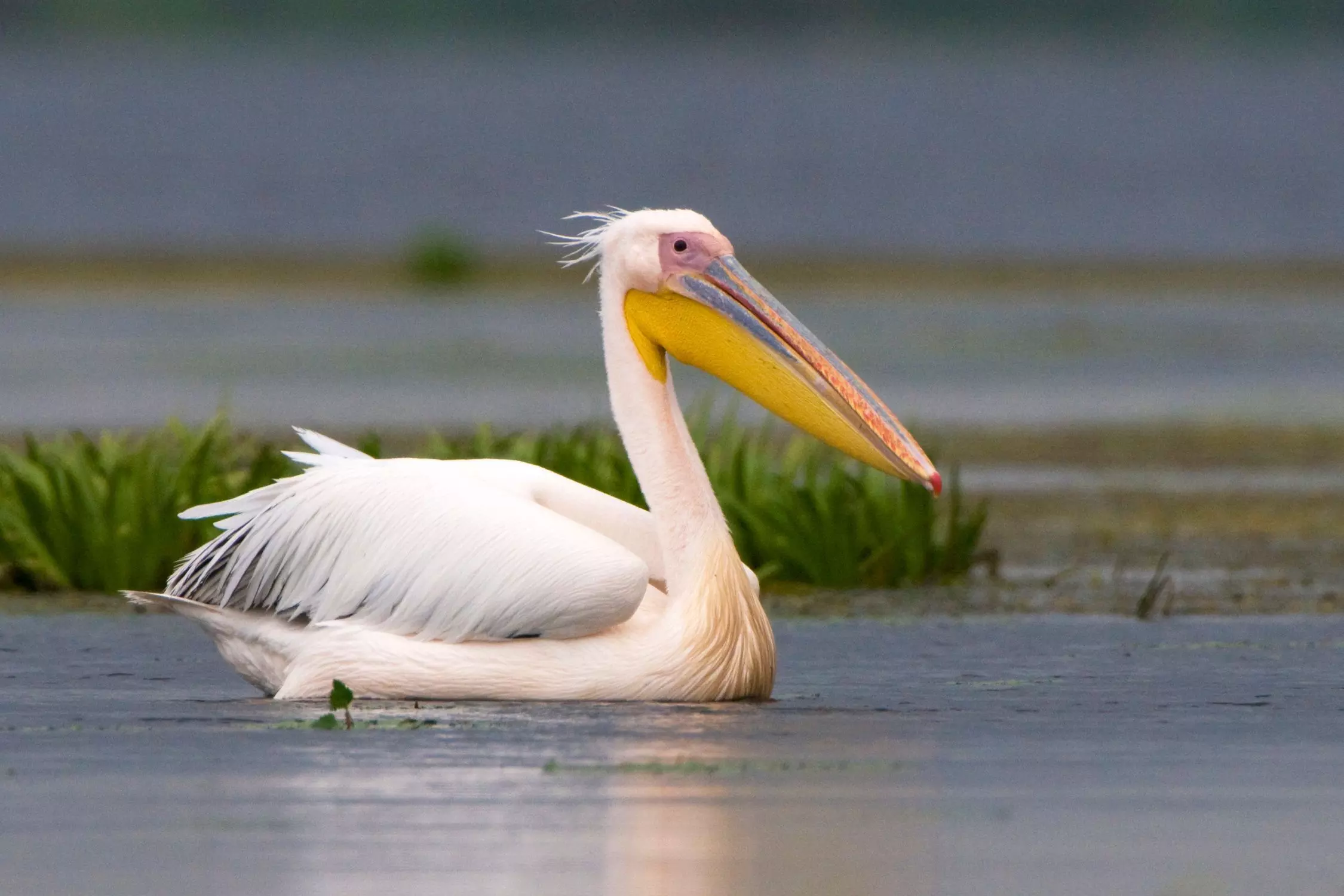
Scientists fit GPS on pelican wings to study migration
text_fieldsKarnataka: Scientists from the Dehradun Wildlife Institute caught up to a pelican bird in Mandya district and fitted a GPS device on it. The experiment is meant to study the abodes, food habits, and international routes of the migratory bird.
This is the first such experiment in India and is being called "historic". Officials said the GPS device was imported from Greece.
The study will help experts discover the countries pelican birds travel through and find the origin place of the creature. Pelicans are known to travel across India, Sri Lanka, Malaysia, and Myanmar. In India, they arrive in Kokkare Bellur in October and disappear after two months.
The device will record and transmit information for four years.
These water birds are characterised by a long beak and a large throat pouch. They catch prey by scooping up contents from water bodies and draining water before swallowing the fish. There are eight living pelican species but they have a patchy global distribution ranging from the tropics to the temperate zone. They play a big role in ecological food chains but have been driven to extinction twice - first by hunting and then by pesticides.























